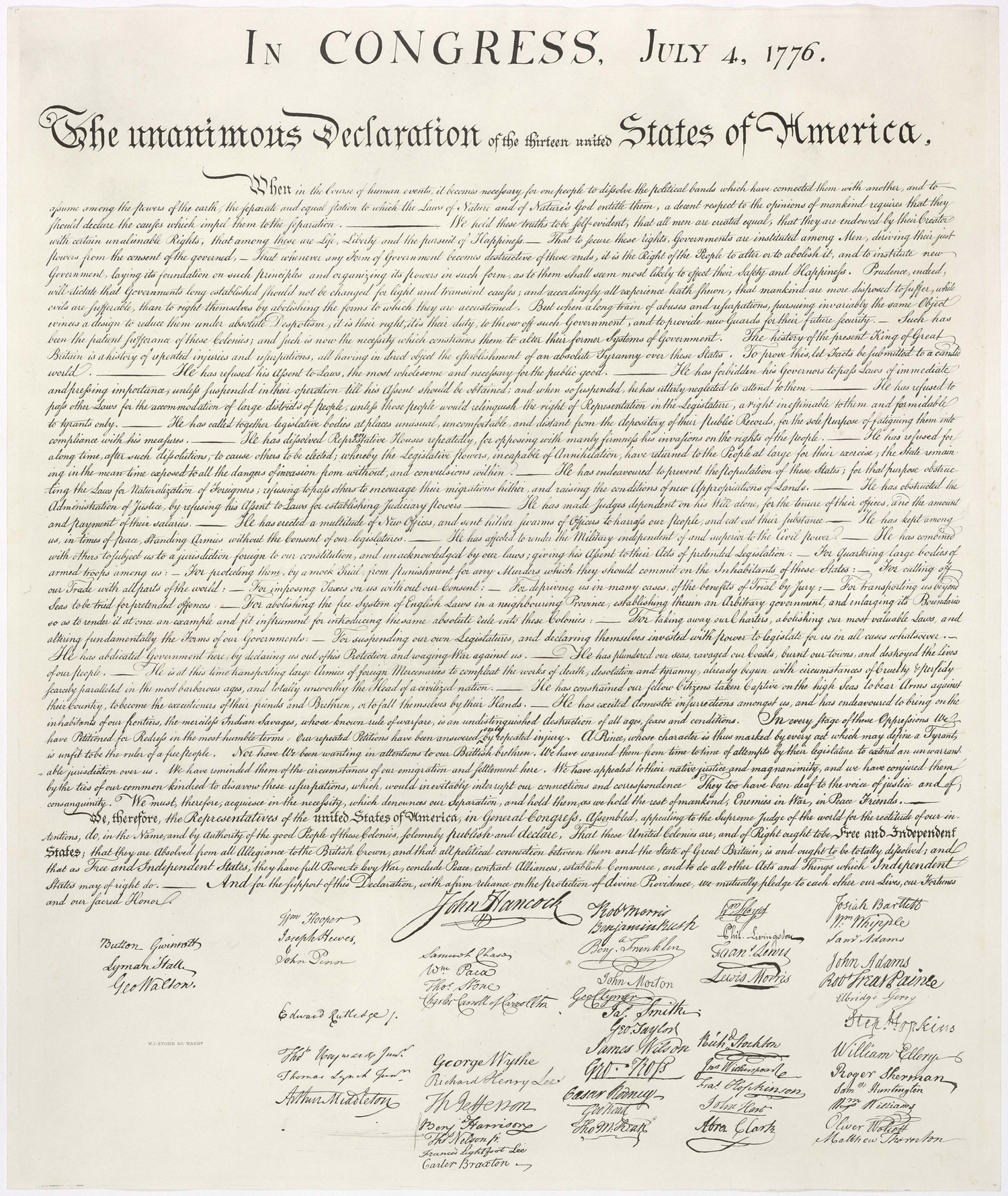John Morton - Surveyor and Activist
Blog by Emily Pierce, PLS, CFedS
I’ve really enjoyed digging into our surveying history, especially the incredibly talented and hard-working surveyors that helped found the nation.
Today I’m sharing my research about a surveyor who didn’t have the best start in life. John Morton was born in Pennsylvania in 1725 shortly after the death of his father, one of the first Swedish immigrants who settled on the banks of the Delaware river in Pennsylvania in an area called New Sweden.
NEW SWEDEN
By Källa:Nordisk familjebok (1914), band 20, sida 153-154 [1], Public Domain, https://commons.wikimedia.org/w/index.php?curid=1495503
I didn’t know this, but this colony was established by Sweden as part of an effort to colonize the Americas beginning in 1638. In fact, Fort Kristina in Wilmington, Delaware was the first Swedish settlement and was named after the reigning Swedish monarch, Queen Kristina.
At the time, the Realm of Sweden was one of the great powers of Europe, with territory that included parts of Russia, Poland, Germany and Latvia as well as Finland and Estonia. Ultimately, New Sweden was conquered by the Dutch Republic in 1655 during the Second Northern War and incorporated into its colony of New Netherland. Then New Netherland was conquered by the British and subsequently included in William Penn’s charter for Pennsylvania in 1682.
One of the lasting legacies of the Swedish-Finnish immigration is the traditional Finnish forest house building technique, which became known as the log cabin.
Only a few facts exist about John’s father. First, his son was named after him, and his family was actually of Finnish extraction, having emigrated to Sweden from Finland before coming to the Colonies.
After seven years had passed, John’s mother remarried – to an English farmer named John Sketchley. Sketchley took his fatherly duties seriously. He schooled young John in math, reading, surveying and religion. Records show the family was highly involved in church activities. It was fortunate that Sketchley was such a good teacher, because young John only had the opportunity to attend classes in a school for about three months during his childhood.
Photograph of the birthplace of John Morton, in Essington, PA. circa 1919, taken from Old Roads Out of Philadelphia by John Thomson Faris, JB Lippincott publisher.
A LIFETIME SURVEYOR
Morton’s home schooling and his life experiences were enough to get him into the surveying business, which he practiced on and off throughout his lifetime – while he was farming, becoming a husband and father of nine, working as a lawyer and politician and helping his neighbors out with legal advice and accounting. He was highly respected and known for sound judgment and pleasant temperament.
In 1756, Morton was elected to the Pennsylvania Assembly at age 31, a position he held for a decade until he was appointed as the sheriff of Chester County. He was re-elected to that position every year until he again was elected to the Assembly in 1769. While he was doing all of this, he also held the positions of presiding Judge of the Court of General Quarters Session, Common Please of the County of Chester, Associate Judge of the Supreme Court of Pennsylvania and Justice of Orphan’s Court.
In 1774, he became a delegate to the First Continental Congress, then a year later, elected to the Second Continental Congress. It was during the vote for or against independence, Morton found himself at the center of an epic decision.
A MONUMENTAL VOTE
Previously, the states of Delaware and Pennsylvania had voted in opposition to independence. This time, the votes were evenly split, as was Pennsylvania’s delegation. It fell to Morton to cast the deciding vote for the entire Congress. He was keenly aware of the staggering importance of his vote and the possibility of disastrous results. Fortunately, he was a man of firmness and decision and voted in favor of the liberty of his country, a decision that earned him the enmity of those who were opposed to independence, including a number of close friends.
If he hadn’t cast that “Aye” vote, it’s unlikely the Declaration of Independence would have been adopted.
Like his contemporary, Abraham Clark, Morton faced personal consequences of his support for independence, aside from the loss of friends. One of his children, his namesake, had become a surgeon and died as a prisoner of war on the British prison ship, the Falmouth.
Morton continued his efforts to help create the new country as part of a committee writing the Articles of Confederation. Unfortunately, before these Articles were ratified, he died of tuberculosis at age 51 in 1777 – the first of the fifty-six signers to die. Later that year, many of the family’s possessions were destroyed by the British and his wife, Ann, barely escaped with her life.
Today, we think of the founding of our country as something that was always certain. The contrary is true. It took a small number of brave and principled people that put their own lives (and the lives of their families) on the line for liberty and justice.




